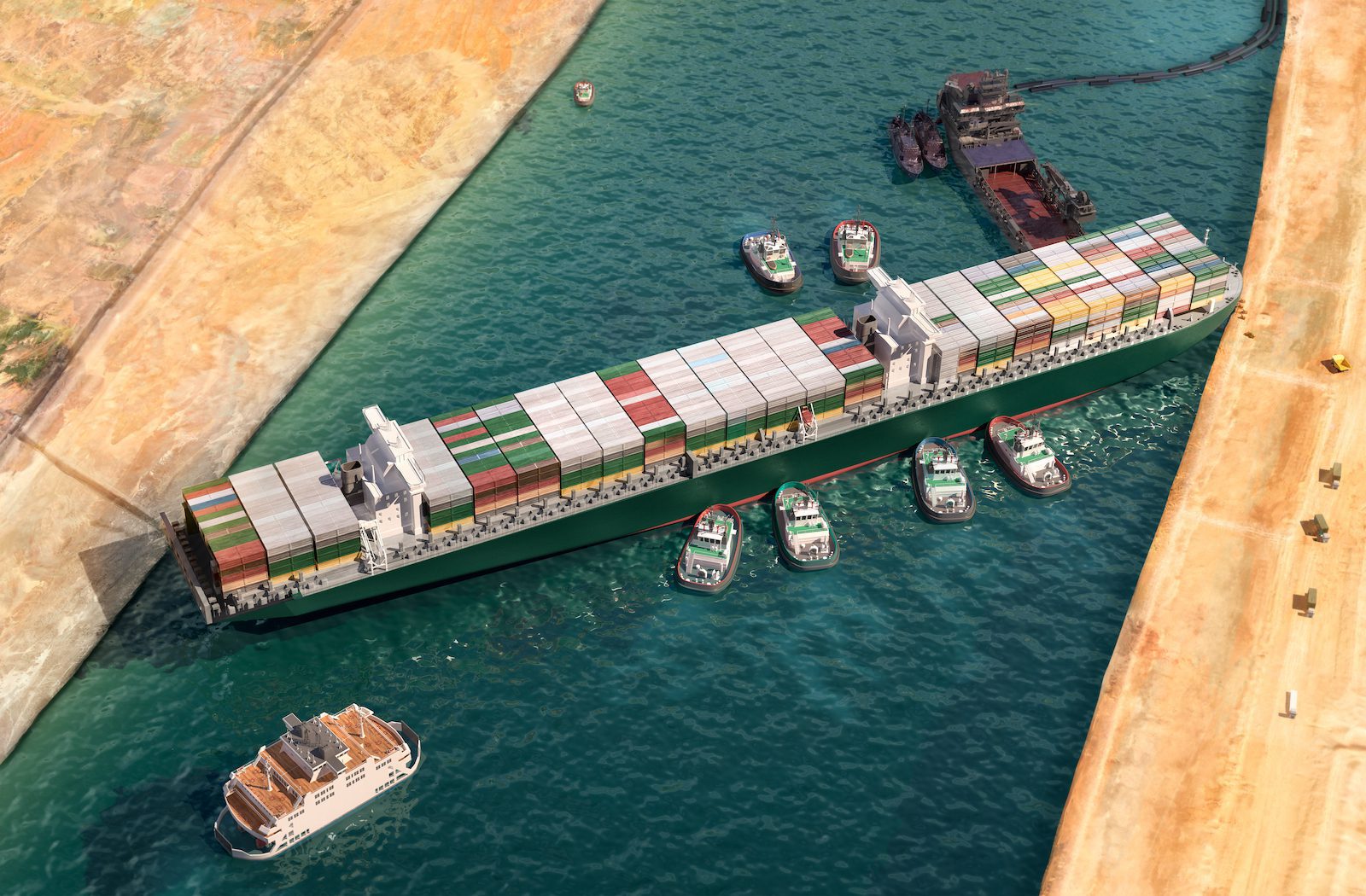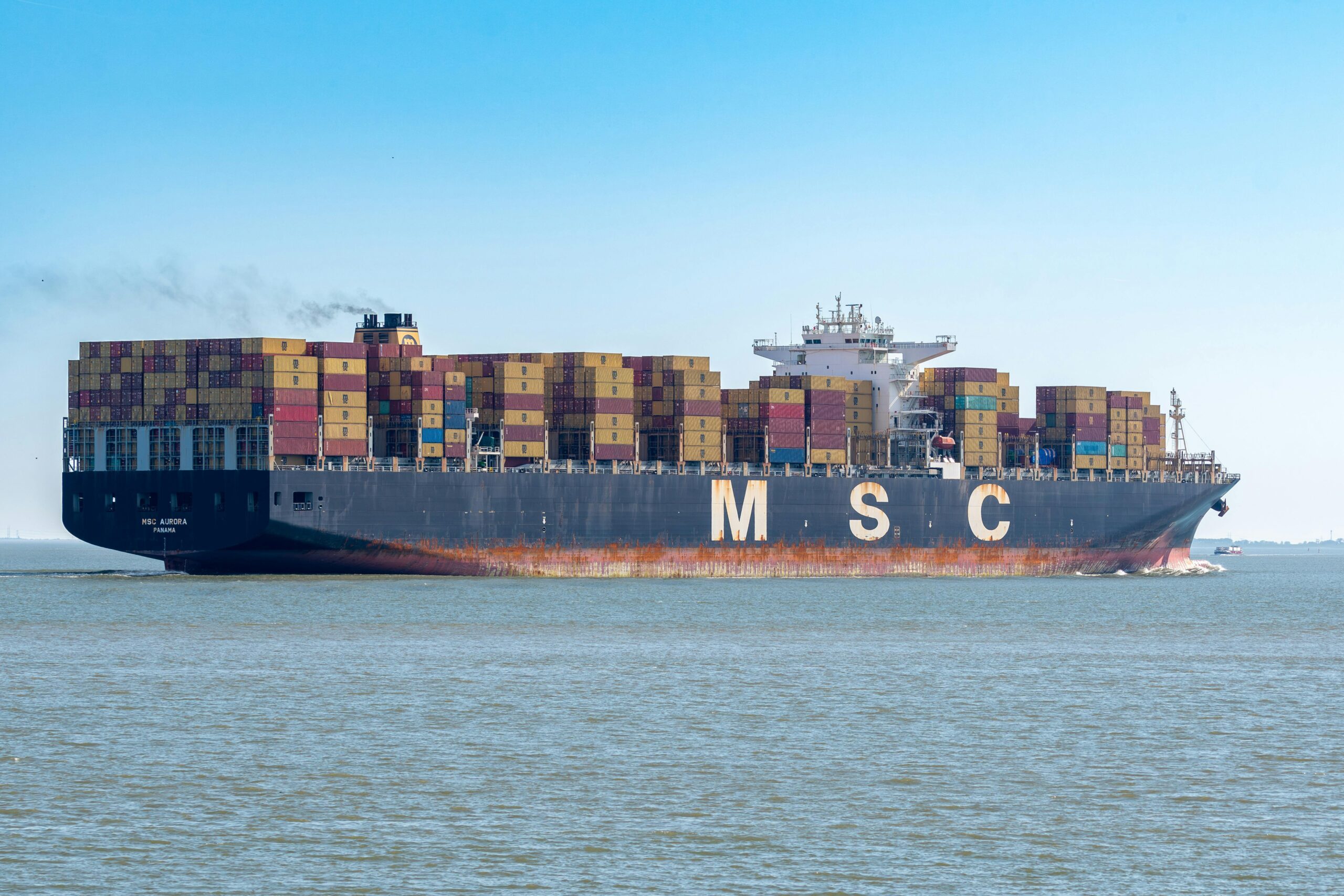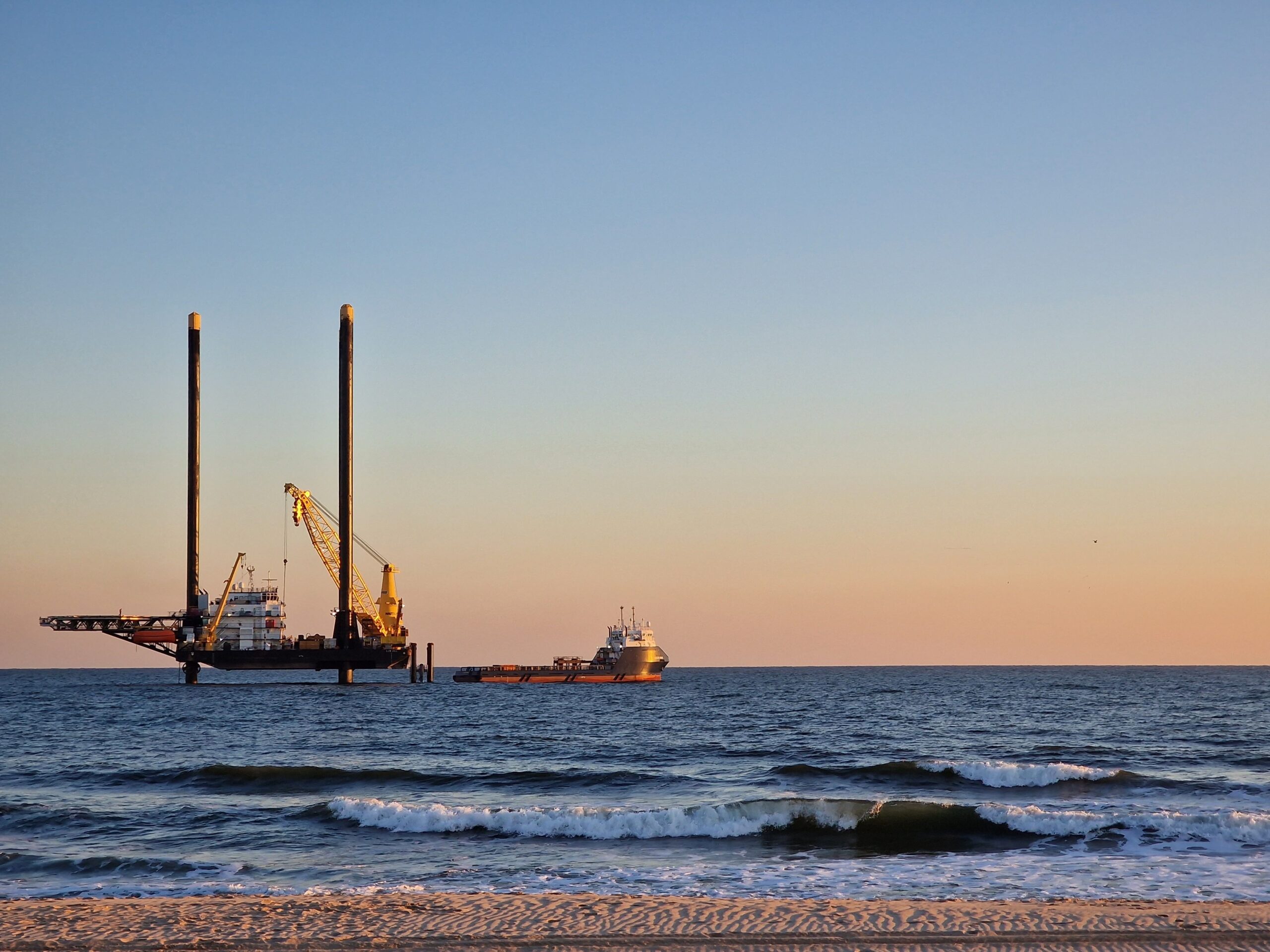by James E. Mercante, Esq.
No one sets sail expecting to be involved in a marine accident, but even the most experienced mariners will find themselves in need of a lifeline if a casualty occurs.
Within days of the March 23, 2021 grounding of the M/V Ever Given, which halted traffic in the Suez Canal for a week, headlines were already focusing on the ship’s officers and pilots.
The negative press started with a Washington Post story, “Suez Canal Pilots Come Under Scrutiny After Grounding of Ship.” The Wall Street Journal followed with aim at the vessel’s skipper in an article titled “Egyptian Officials Accuse Ever Given’s Captain of Losing Control of Ship in Suez Canal.” This finger pointing occurred despite reports of powerful sandstorms and high winds at the time of the accident, which affected not only visibility on the bridge, but also steerage of the ship as the thousands of containers stacked high above deck presented a huge sail area for the gusting winds. But, no official agency, cargo interest, or Canal authority was going to simply blame Mother Nature as she is not equipped with insurance or the wherewithal to pay claims.
Shortly after the giant ship was refloated to cheers of celebration, it hit another major roadblock. The Ever Given did not even make it to the end of the Suez Canal before it was arrested under maritime law by Egyptian authorities, who demanded more than $900 million in security to let the vessel sail on. In maritime law, a ship can be arrested to obtain security for future claims, but there can also be an agreement that the shipowner will come back to a specified jurisdiction to defend against all claims. It is like bail money guaranteeing the owner will not flee the jurisdiction (never to be found again), but also that the owner has the funds in place to pay proven claims.
Needless to say, the six days aground will not soon, if ever, be forgotten by Ever Given’s captain, mates, or pilots as the investigations, claims, inquiries, depositions, and litigation ensues and ensnarls them. The casualty investigation will examine the acts or omissions of the two Egyptian canal pilots, their interaction with the ship’s captain prior to getting underway, and then every step of the way during the voyage. Issues to be explored will include:
- The master-pilot exchange;
- The conditions at the time of the grounding, and who made the decision to get underway despite the prevailing winds and weather;
- The pilots’ experience;
- The captain’s experience, not only on the Ever Given, but also in the Suez Canal, along with his experience in tight quarters of a ship of that length, beam and draft with a ridiculous number of containers (18,300) on board and stacked tremendously high.
The investigation will also scrutinize what transpired when the vessel became in extremis. Were the pilots relieved by the captain at any time? Who was giving the commands in the fateful last turns? Where were the tugboats? Who was steering the ship, and how did that helmsman perform? What engine and helm orders were given throughout the maneuvering? Was there too much speed in close quarters? What was the effect of bank cushion? Was a voyage data recorder (black box) activated and capturing all communications? And, this is just the tip of the iceberg.
Unfortunately, the two pilots, captain and mate will be pawns not only in the major marine casualty investigations, but in the admiralty litigations to follow. In the United States, typically it is the U.S. Coast Guard and/or National Transportation Safety Board that investigates marine casualties. Quite often, the Coast Guard will initiate a license suspension or revocation proceeding against the licensed officer. These proceedings may not necessarily be covered by the vessel owner’s insurance policy, as it is personal to the licensed officer and not an action against the shipowner.
The Ever Given case will be talked about and reviewed for many years to come. (A superb “Minute-by-Minute Breakdown of the Ever Given’s Crash” appeared in Popular Mechanics, and includes commentary by United New York/New Jersey Sandy Hook Pilot Association President Captain John DeCruz and Metropolitan Pilot Association President Captain Robert Flannery.)
And, undoubtedly, the colossal container ship that captured the world’s attention for six days will be “ever giving” to the maritime lawyers and marine experts who will handle this mega casualty far into the future, perhaps a decade or more.
Sinking Feeling – Actions Against Captains and Pilots
Of course, one might think that “a decade or more” is a bit far-fetched, but don’t tell that to the Exxon Valdez interests or the captain of that oil tanker. The Exxon Valdez hit Bligh Reef in 1989 spilling millions of gallons of oil, and the matter was litigated right up until 2018, nearly 30 years after the incident. The captain was charged by the U.S. Coast Guard in a license suspension & revocation (S&R) proceeding, named in the civil lawsuits, and was charged criminally. Sadly, he had no insurance to cover any of this. It took years, but the captain—one of Exxon’s finest—was acquitted at all stages of the criminal trial and in the S&R proceedings, and did not lose his Coast Guard license. A maritime classmate of the captain and admiralty lawyer took the conn to defend the skipper and his reputation.
Then there’s the case of the Staten Island Ferry, which crashed into a concrete pier in New York Harbor in 2003. The captain and pilot were pursued not only by the U.S. Coast Guard, but were obvious witnesses in civil litigation, and faced potential criminal charges as 11 passengers were killed and more than 70 were injured. The litigations continued for nearly a decade. The ferry captain had no insurance, and would be bankrupt if not for a maritime lawyer stepping up and defending the captain pro bono.
The pilot of the containership Cosco Busan pleaded guilty to federal water pollution charges in an agreement that called for him to serve two to ten months in prison, pay a fine and surrender his license. In 2007, the ship struck the Bay Bridge in San Francisco spilling 53,000 gallons of fuel. Both the U.S. Coast Guard and the NTSB conducted investigations. The ship’s captain was also faulted for failing to plot a navigation plan or communicate effectively with the pilot.
In another harrowing incident, a pilot was sued personally for $4.6 million by the tug company he was affiliated with as a result of the grounding of a sludge barge outside New York Harbor enroute to sea. I represented that federal pilot, and while litigation lasted over two years, the case was ultimately dismissed. The pilot was fortunate to have had marine license insurance that provided civil legal defense coverage which eased his emotional (and financial) pain tremendously. Some vessel owners provide this coverage as an additional benefit to their licensed mariners.
Unfortunately, even with a “pilotage clause” in a pilot ticket, pilots get sued. The pilotage clause in New York Harbor, for example, states that the federal pilot becomes the “borrowed servant” of the vessel, and that no personal liability will be asserted against the pilot except for his/her willful misconduct or gross negligence. One shipowner tried to sidestep the terms of the pilot ticket by alleging the pilot was guilty of gross negligence in a simple grounding at the stern during a routine docking maneuver. That argument did not work and, ultimately, the claim was dismissed, and the shipowner was required to pay the pilot’s attorney fees (my firm) in defending against the bogus claims. This pilot had license insurance that provided him a defense, and the license insurer was made whole by the recovery of its attorneys’ fees. Stevens Technical Services, Inc v. MORMAC Marine Enterprises, Inc, 2004 WL 3152788 (EDNY 2004).
One may also recall the docking pilot of the motor tanker BT Nautilus who was sued personally for a grounding in 1990 that resulted in an oil spill. The very reputable and respected federal pilot became embroiled in the case primarily because the shipowner had a statutory limitation of liability defense and other defenses that the pilot did not have. Lawyers figured suing the pilot was a way to do an end around the ship owner. Pursuant to the pilotage ticket, the vessel owner could be called upon to indemnify the pilot against any liability to the plaintiffs. The trial took 19 days, 27 witnesses, and 247 exhibits, and was decided more than four years after the incident.
What’s the Lesson?
It is said that a collision at sea will ruin your whole day. Yet, that saying must have been coined in the days of wooden sailing ships when litigation perhaps was the exception not the rule. Today, any type of major marine casualty will not only ruin a captain or pilot’s entire day, but can be agonizing and costly for years as evidenced by the examples above, and as is already obvious in the Ever Given casualty. Cases such as these demonstrate not only how hazardous—and delicate—a job maritime officers have, but how life can change for these hard-working individuals in an instant. There are not many jobs like that out there.
As I explained in my Fox 5 News interview, the Ever Given casualty will cost billions of dollars and will be a windfall for some and unfortunately a fall from grace for others.
James E. Mercante ([email protected]) is a Partner at Rubin, Fiorella, Friedman & Mercante LLP, and President of the Board of Commissioners of Pilots of the State of New York.
Sign up for our newsletter

 Join The Club
Join The Club











